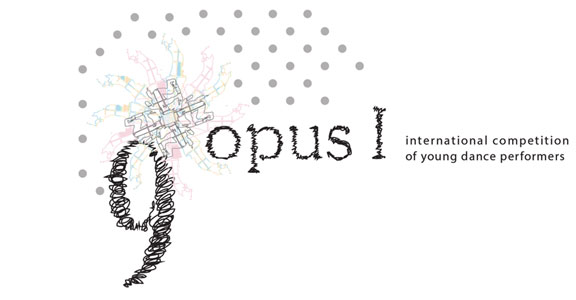|

9. International Competition of Young Dance Performers
OPUS 1 – Short Dance Piece 2017
Slovenian National Theatre Celje
Saturday, 15 April 2017
THEME: Have A Dream And Do It!
"All human beings are also dream beings. Dreaming ties all mankind together." / Jack Kerouac
Inspiration can strike at the most unexpected moments, and the best creative ideas often occur while we’re sleeping. Dreams can be a wonderful source of ideas and inspiration. It is not surprising that dreams have always been a source of inspiration for artists as well. They represent a withdrawal from reality into a state of exploring imagination and desires. Entering the dream state initiates an experience of unexpected images, connections, spaces, voices.
Surrealists especially attributed great importance to the dreams. They believed that the creativity that came from deep within a person’s subconscious could be more powerful and authentic than any product of conscious thought. Surrealism was influenced in large part by new ideas in psychiatry and the clinical work of Sigmund Freud. Freud would argue that all our dreams, however odd or terrifying, are wishes. Dreams, Freud concluded, are "the royal road to the unconscious".
Painter Salvador Dalí called some of his paintings “hand-painted dream photographs”.The melting clocks in his “The persistence of memory”, were his way of exploring the idea that our time perception while we dream becomes unlimited.
John Lennon wrote the “#9 Dream” song on the basis of nonsensical lyrics he heard in his dream.Writer Edgar Allan Poe suffered from nightmares throughout his life, though many served as inspiration for his poems and short stories.
The famous Italian movie director Federico Fellini wrote down and illustrated his dreams for almost 30 years, collecting them in his “The Book of Dreams”. Already as a child, Fellini called his bed a cinema: “The show started as soon as I shut my eyes.”
Let us close our eyes as well and get on the path of the surprising and unknown.
Guideline for mentors and performers:
The obligatory part of the creative process should also be translating your ideas and procedures into words. The same as every year, you have to attach a description of your creative process to your application (literary origins, thoughts, procedures, decisions…). Think about it and work on it so as to genuinely delve into the depths of your short dance piece.
The theme is expected to offer a wide scope of possibilities to all artists, regardless of their age. Mentors should discuss it with young performers, while the later should be autonomous and creative in shaping their ideas and pieces.
The role of mentors in creating the short dance piece is to counsel, lead and guide the young performers in creating their own ideas, dance expressions and autonomous choreographies.
Approach the theme with exploratory zeal and creative inspiration.
|